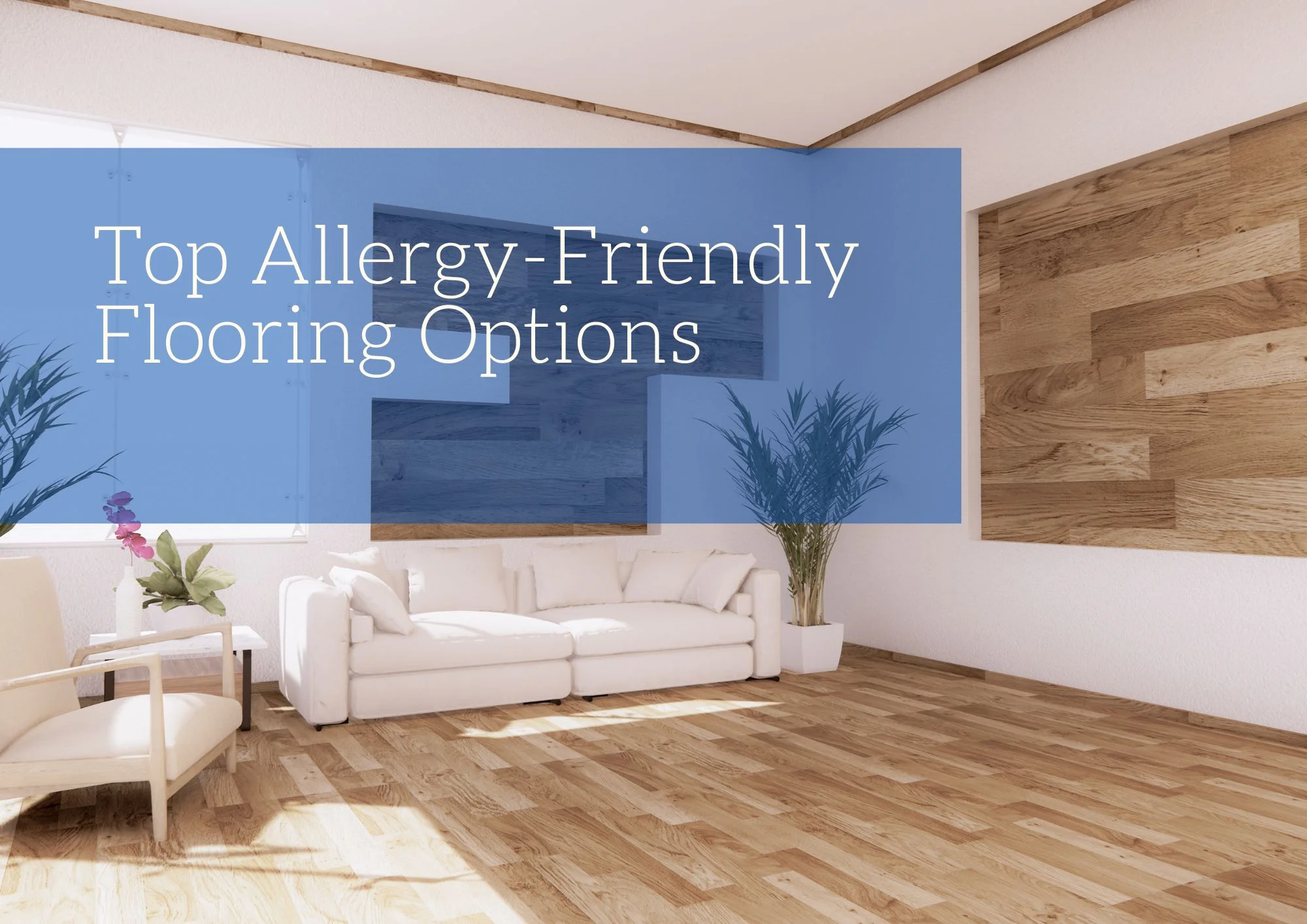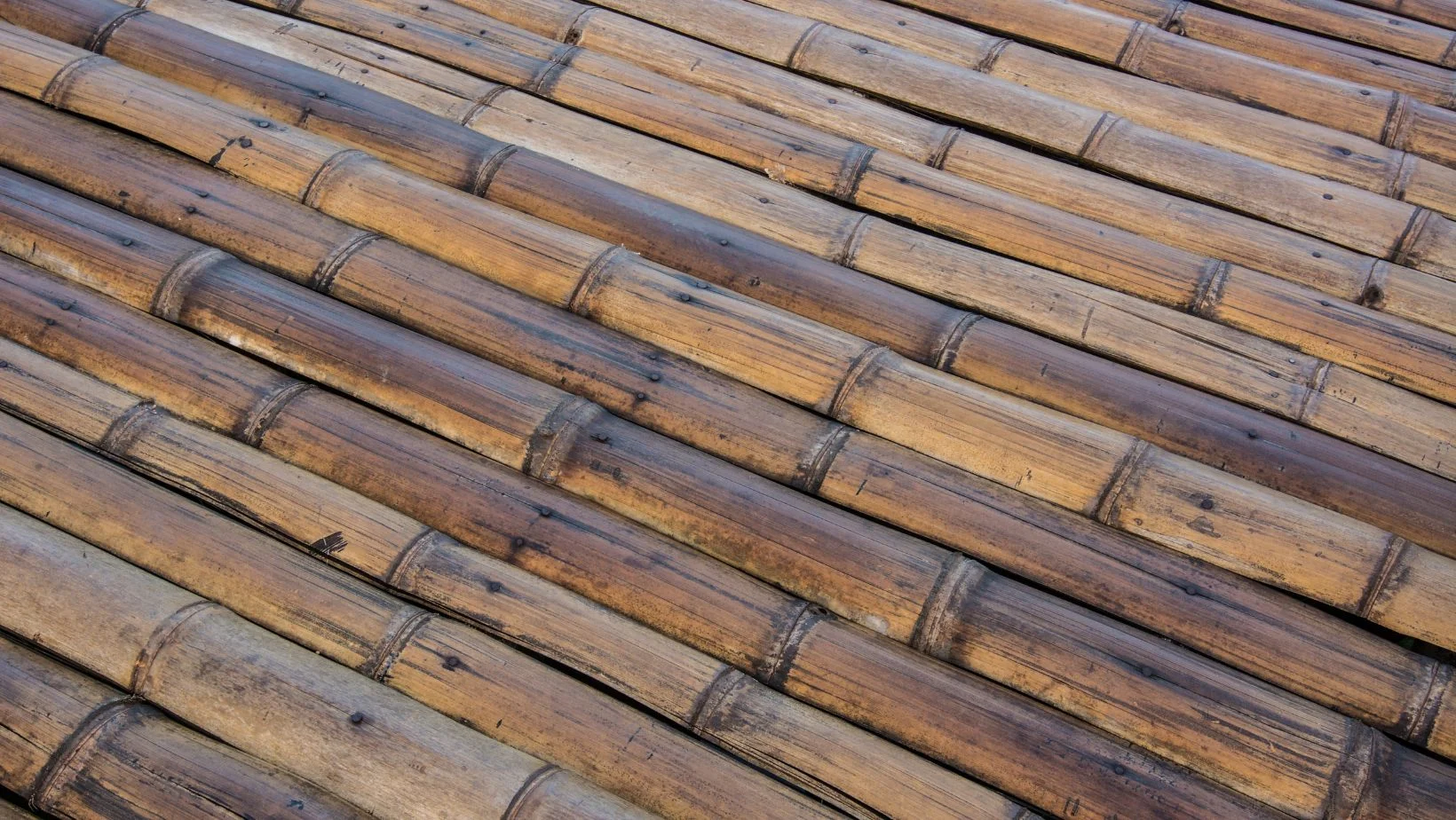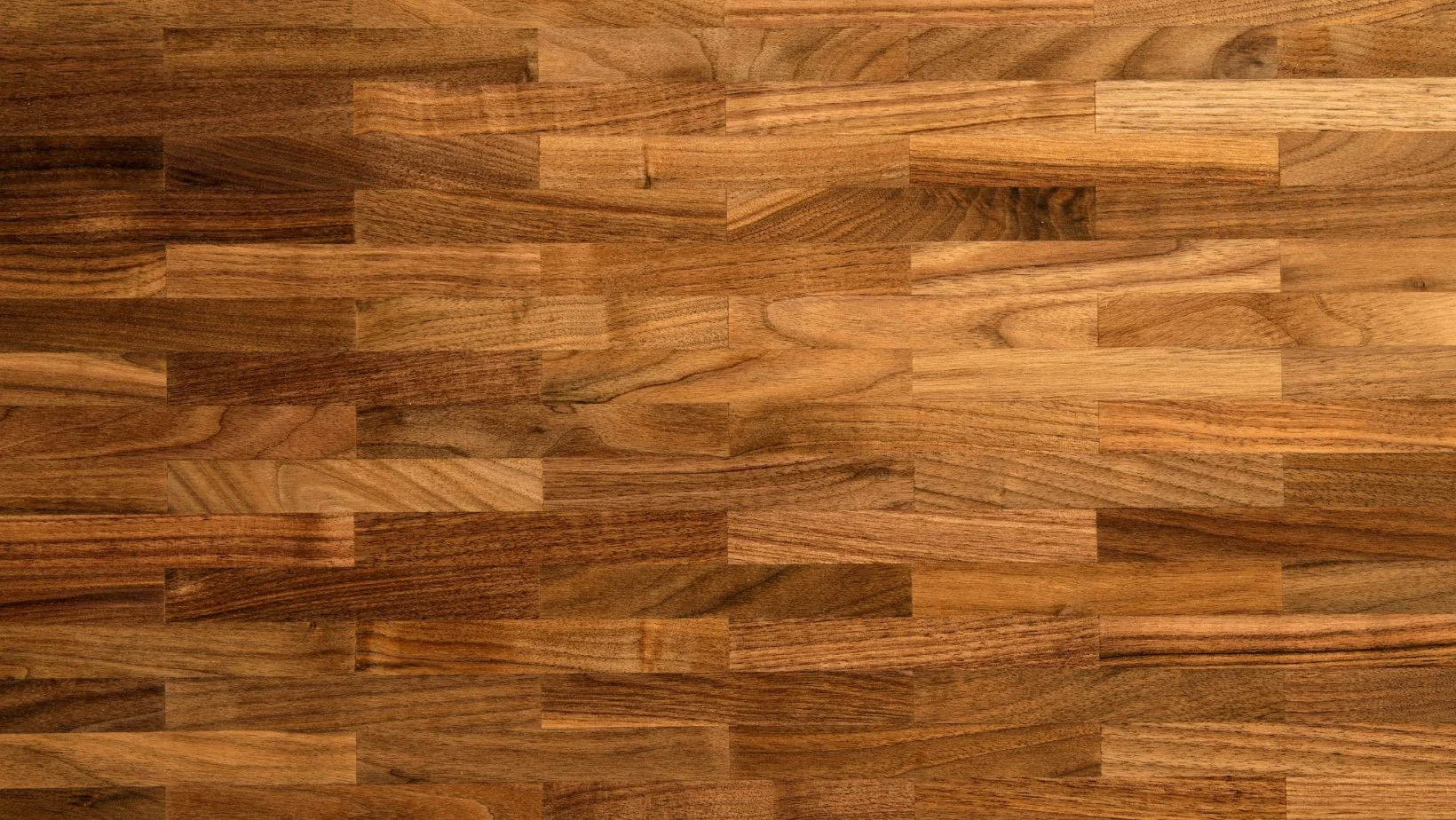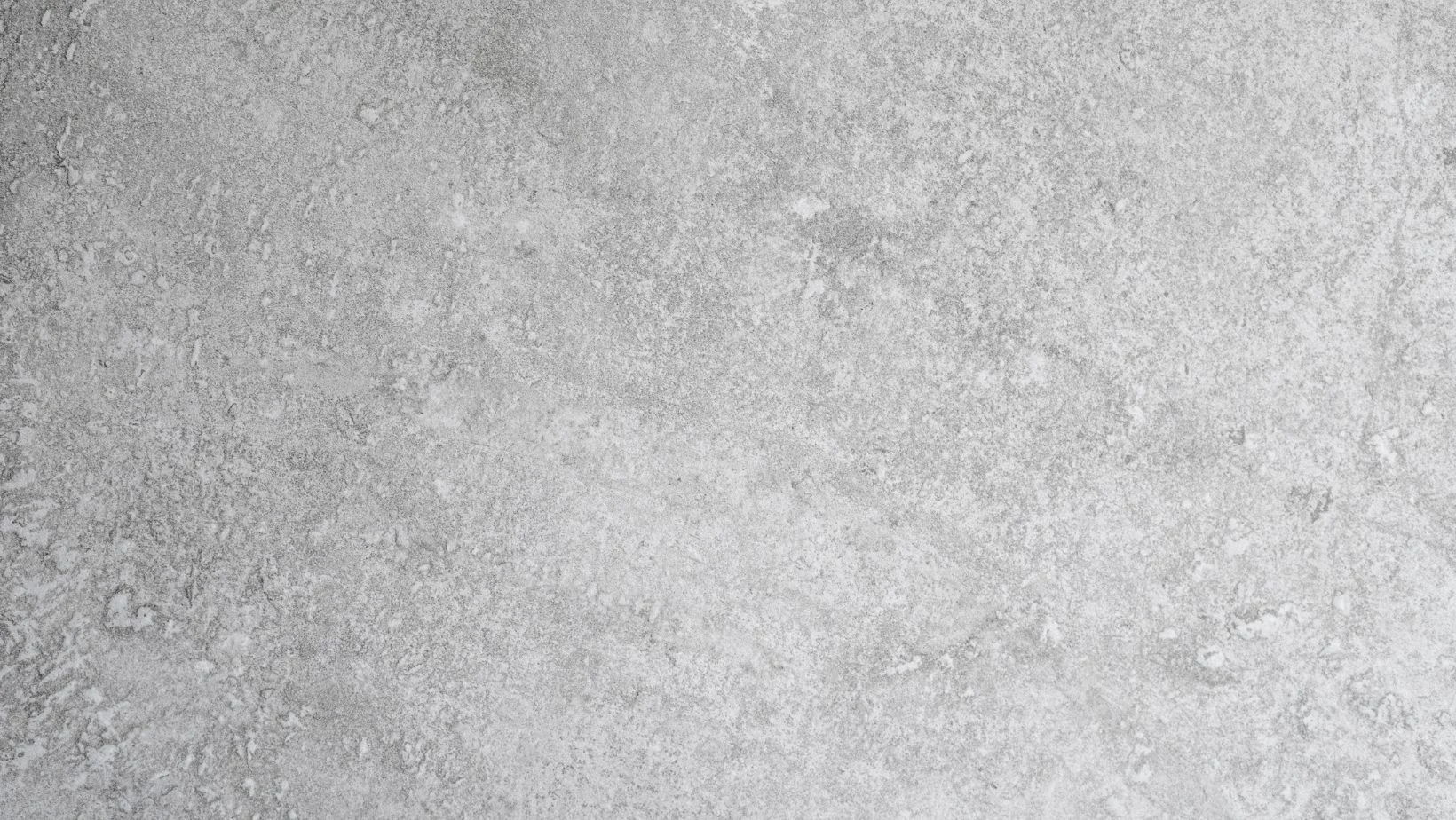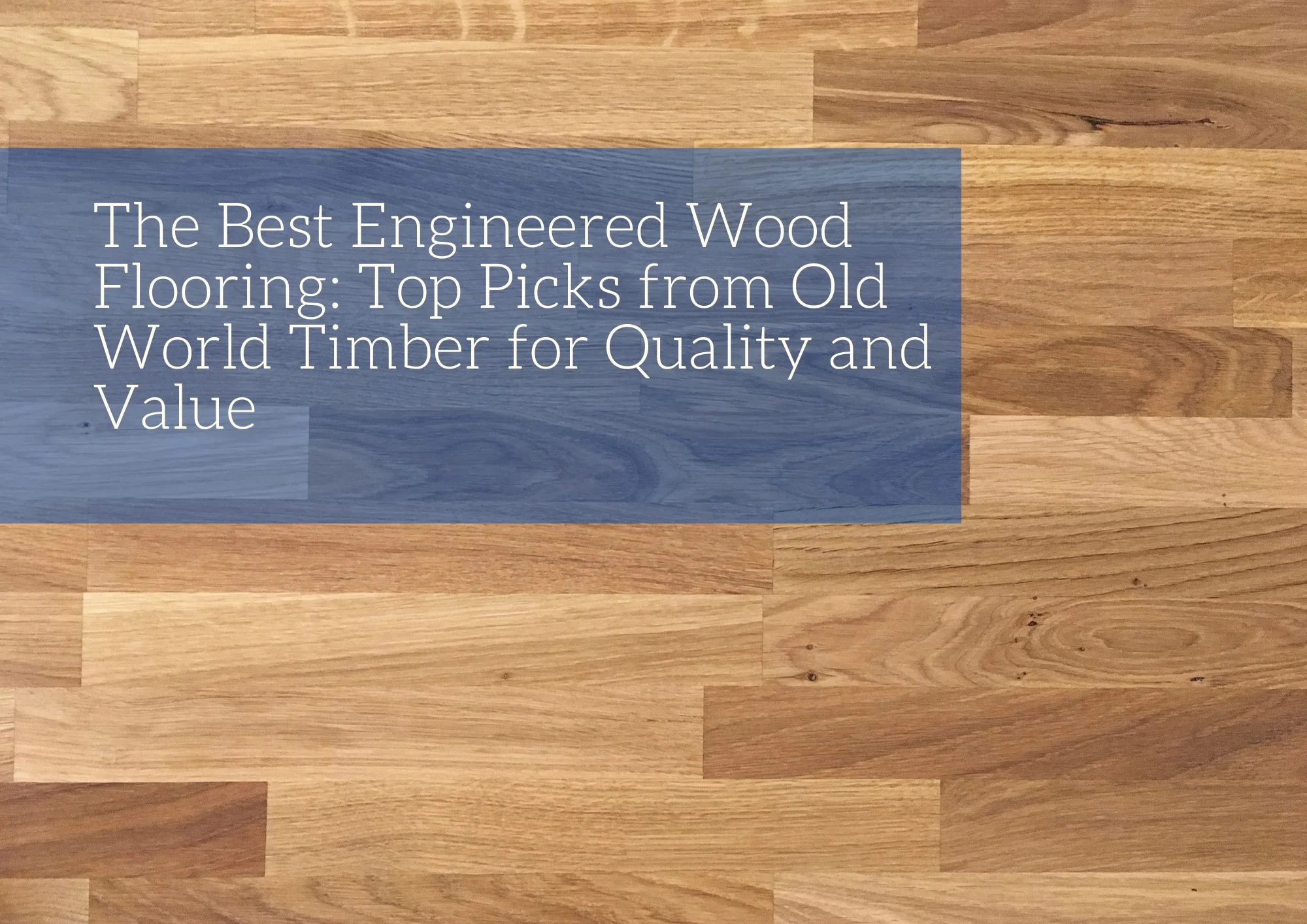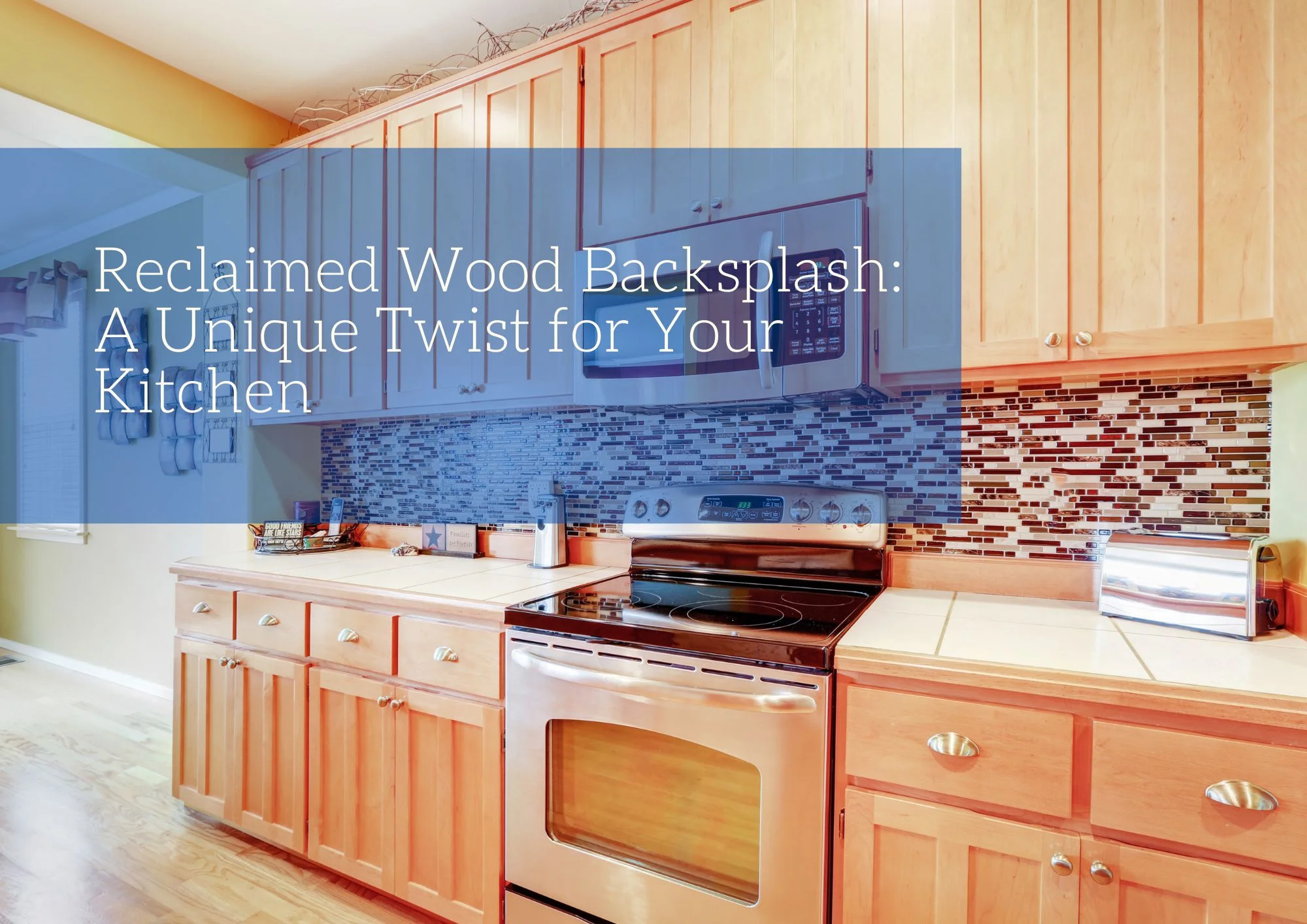If you or a family member suffers from allergies, creating a comfortable and healthy living environment is essential. One of the most significant factors in reducing allergens in your home is choosing the right flooring. Carpets can trap dust, pollen, pet dander, and other allergens, making them less than ideal for allergy sufferers. Fortunately, there are several flooring options that can help you breathe easier. Here are the best floors for allergy-sensitive individuals.
Best Floors to Combat Allergies
Cork and Bamboo
Natural flooring options, such as cork and bamboo, are ideal for allergy sufferers. These natural materials emit fewer VOCs. When properly sealed, even porous materials like cork can benefit those with allergies. Cork is inherently resistant to mold, mildew, and germs. Similar to hardwood floors, it can be easily cleaned with a dust mop and the appropriate cleaning products.
Bamboo is another renewable and environmentally friendly option that is durable and resistant to allergens. However, it’s important to note that bamboo is technically a grass, not a tree, so if you have grass allergies, bamboo may not be the best choice. When properly sealed, bamboo flooring, like wood, tile, and cork, resists mold and mildew growth and does not trap dirt and dust.
Laminate & Vinyl Flooring
Laminate and vinyl flooring provide the hard surface benefits over carpeting and reduce some of the associated drawbacks. While they are not completely allergy-resistant, they do not retain allergens like carpet and are typically much easier to clean.
Luxury vinyl plank and vinyl tile flooring have become some of the most popular flooring choices in recent years. They are durable, easy to clean, and available in a wide range of stylish colors, patterns, and styles.
Vinyl is an excellent option for allergy sufferers due to its firm surface, which makes it easy to remove dust and dirt without trapping allergens.
Laminate, being a manufactured product, contains limited natural materials. Most laminate plank and rigid-core vinyl flooring products feature click-lock and floating installation, which eliminates the need for adhesives and further reduces the potential for VOC emissions.
Solid Hardwood Flooring
Solid hardwood floors have been a popular flooring option for centuries due to their durability, refinishing capability, versatility, and most importantly, their allergy-friendly properties.
Hardwood flooring is consistently regarded as one of the best floors for combating allergies available. When properly installed and finished with an allergy-friendly polyurethane-style clearcoat, hardwood floors do not host microorganisms like dust mites or trap dirt, dust, or other allergens. Dust, mold, pet dander, and hair can be easily removed with a dust mop and the occasional use of a suitable hardwood floor cleaner.
Tile and Stone
When considering new flooring, tile and stone are excellent choices for allergy-friendly options due to their durability, style, high-end appearance, and variety. If properly selected, styled, and installed, they can significantly reduce allergens in your home.
Smooth-finish tile or stone is a suitable hypoallergenic alternative. Dirt, dust, mold, and other allergens can get trapped in the “holes” of natural stone, porous tiles, or tiles with rough edges.
No matter which tile or stone you choose, it’s important to check the glue and grout for VOC content and opt for those with lower levels. Additionally, it is crucial to correctly seal the tile and grout and to clean and reseal them regularly as recommended by the manufacturer. Sealing helps prevent dirt, dust, and other allergens from permeating the porous surfaces of the tile or grout. This maintenance ensures that your floors remain both beautiful and allergy-friendly.
Concrete
Concrete is not only a popular design and flooring alternative but also a highly allergy-friendly option when properly treated and finished. With nearly endless color and finish choices available, maintaining concrete floors is as simple as using a dust mop and a finish-friendly floor cleaner.
While concrete does emit VOCs, it emits far fewer than most other construction materials, according to the Portland Cement Association, a policy, research, education, and market intelligence group serving America’s cement producers.
To ensure the best results, make sure the concrete is prepped with low-VOC materials and thoroughly sealed with a low-VOC or VOC-free sealant prior to staining or finishing. This preparation will enhance the floor’s longevity and ensure worry-free maintenance.
Selecting the best floors for allergies involves choosing materials that minimize allergen buildup and promote easy maintenance. Hardwood, laminate, tile, vinyl, cork, bamboo, and concrete are all excellent options that cater to different needs and preferences. Each of these flooring types offers unique benefits, from durability and aesthetic appeal to eco-friendliness and hypoallergenic properties.


